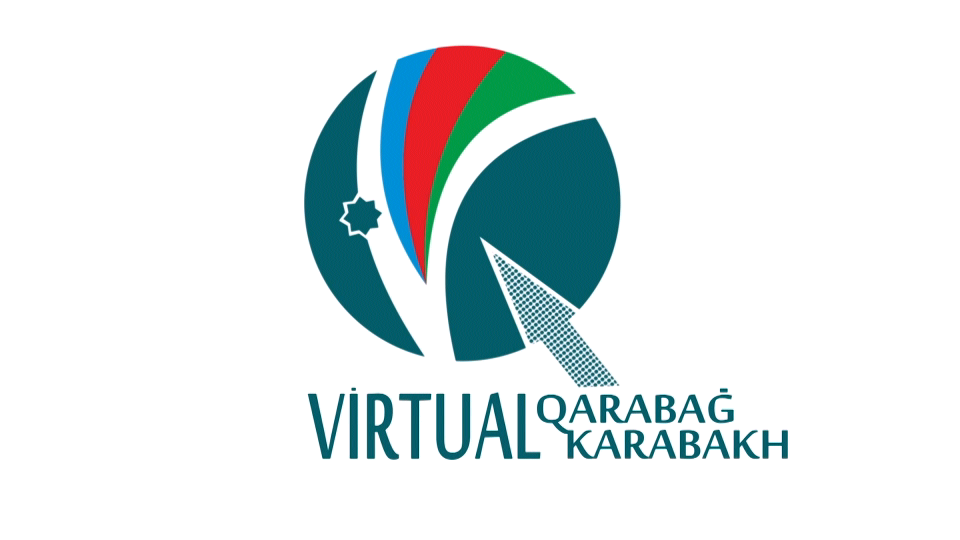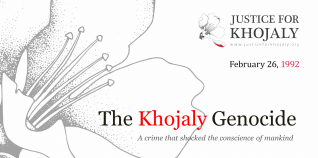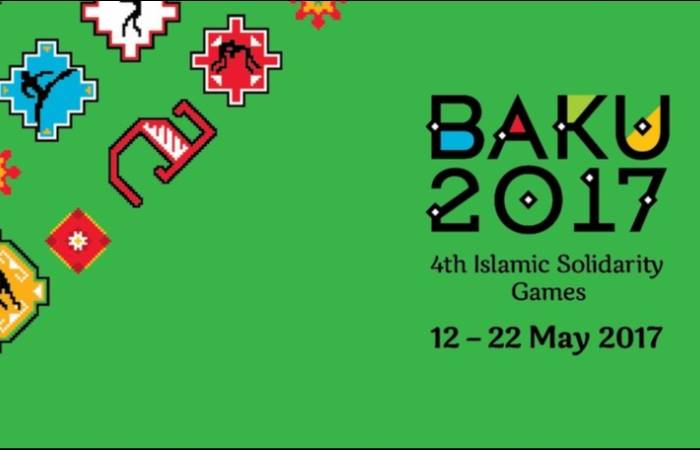The Hill blogger reacts negatively to CA Assembly decision on Nagorno-Karabakh
 The California Assembly recently voted to recognize Nagorno-Karabakh (a region that is internationally recognized as part and parcel of Azerbaijan) as an independent nation, Mallory Moss blogged on The Hill website.
The California Assembly recently voted to recognize Nagorno-Karabakh (a region that is internationally recognized as part and parcel of Azerbaijan) as an independent nation, Mallory Moss blogged on The Hill website.
"I can explain this in only one of two ways: the Assembly members were swayed to vote for this by the Armenian community, or they simply didn't know any better," she wrote.
"Wake up, ladies and gentlemen. Would you vote to create a Boko Haram [a terrorist group] independent nation ensconced within Nigeria? I think not," Moss stressed.
"I have also seen the passion in which the Azerbaijani citizens continue to fight the international community for not only remembrance but recognition that the genocidal acts in Khojaly during the Nagorno-Karabakh war even happened," she added.
On February 25-26, 1992 Armenian occupation forces together with the 366th infantry regiment of Soviet troops stationed in Khankendi committed an act of genocide against the population of the Azerbaijani town of Khojaly.
Some 613 people were killed, including 63 children, 106 women and 70 old people. Some 487 civilians were disabled during the genocide.
Eight families were totally exterminated, 130 children lost one parent and 25 children lost both.
Some 1,275 innocent residents were taken hostages, while the fate of 150 people remains unknown.
The conflict between the two South Caucasus countries began in 1988 when Armenia made territorial claims against Azerbaijan. As a result of the ensuing war, in 1992 Armenian armed forces occupied 20 percent of Azerbaijan, including the Nagorno-Karabakh region and seven surrounding districts.
The two countries signed a ceasefire agreement in 1994. The co-chairs of the OSCE Minsk Group, Russia, France and the U.S. are currently holding peace negotiations.
Armenia has not yet implemented the U.N. Security Council's four resolutions on the liberation of the Nagorno-Karabakh and the surrounding regions.




















